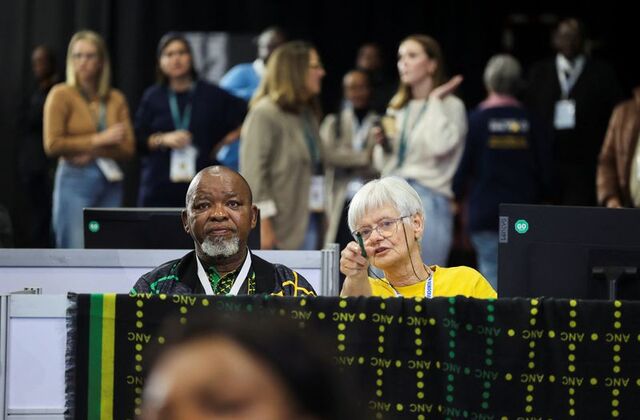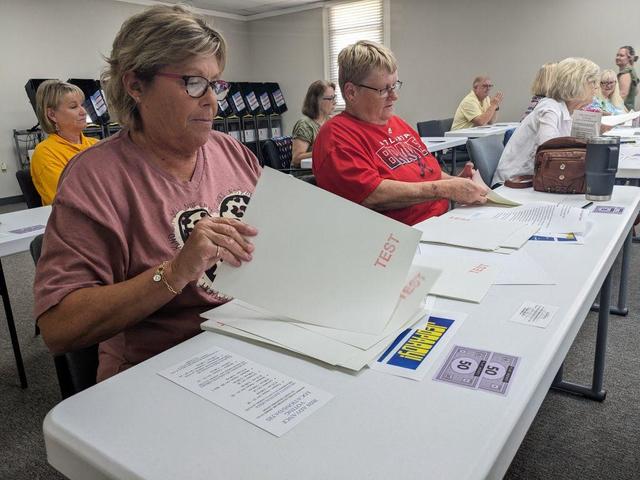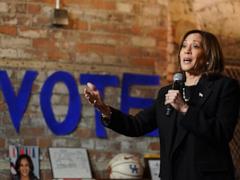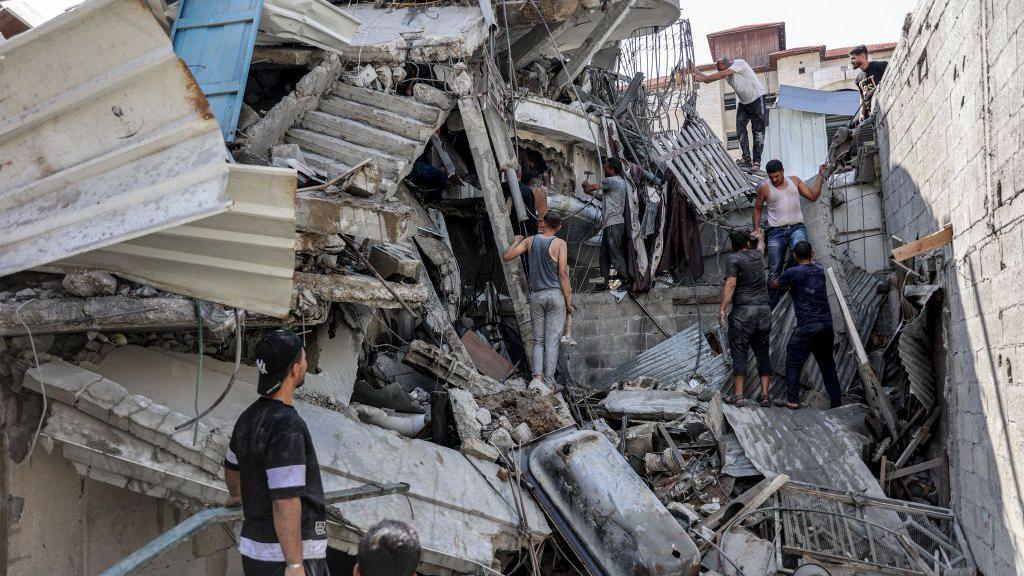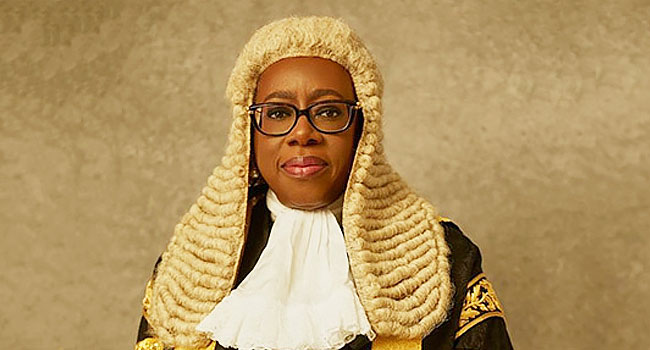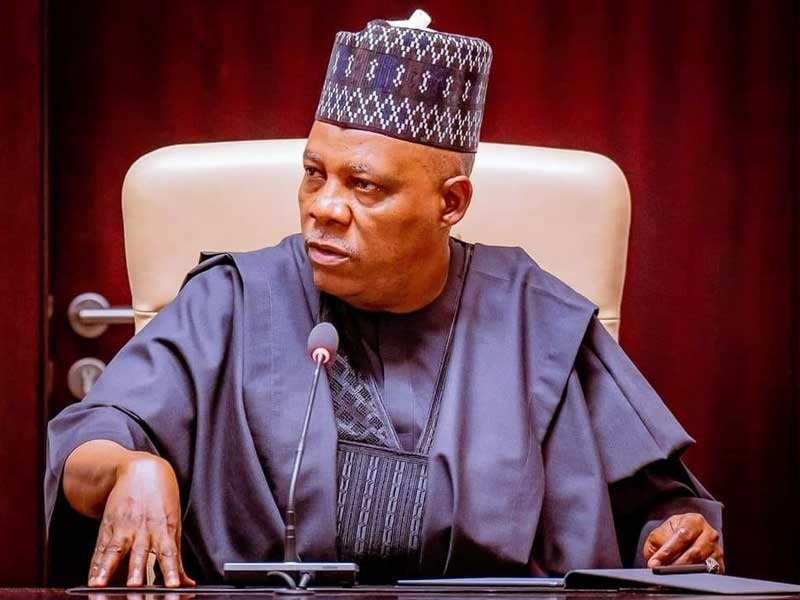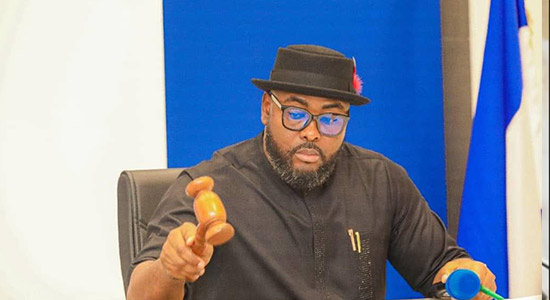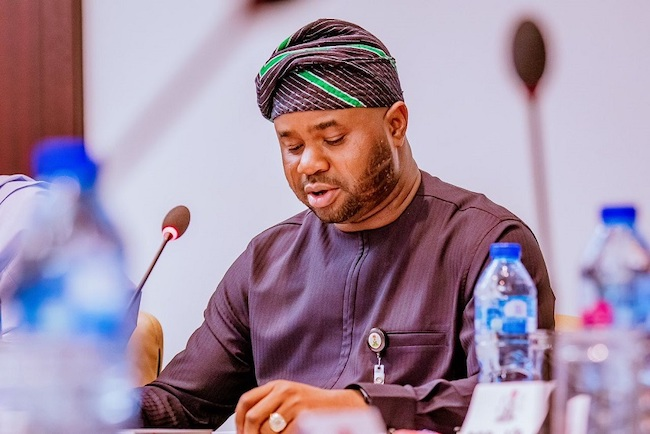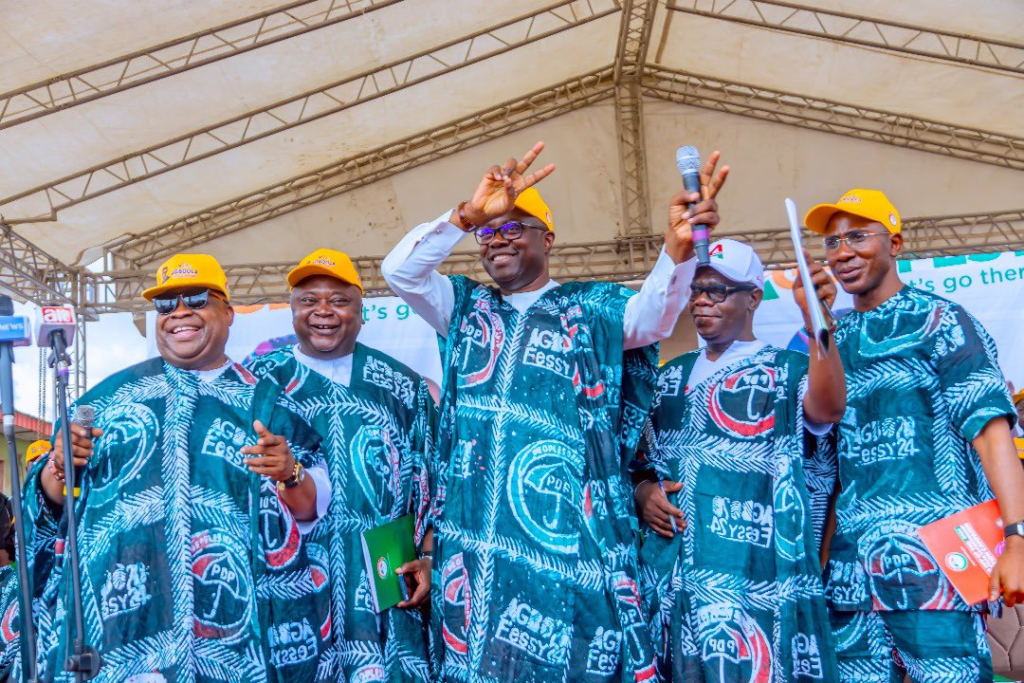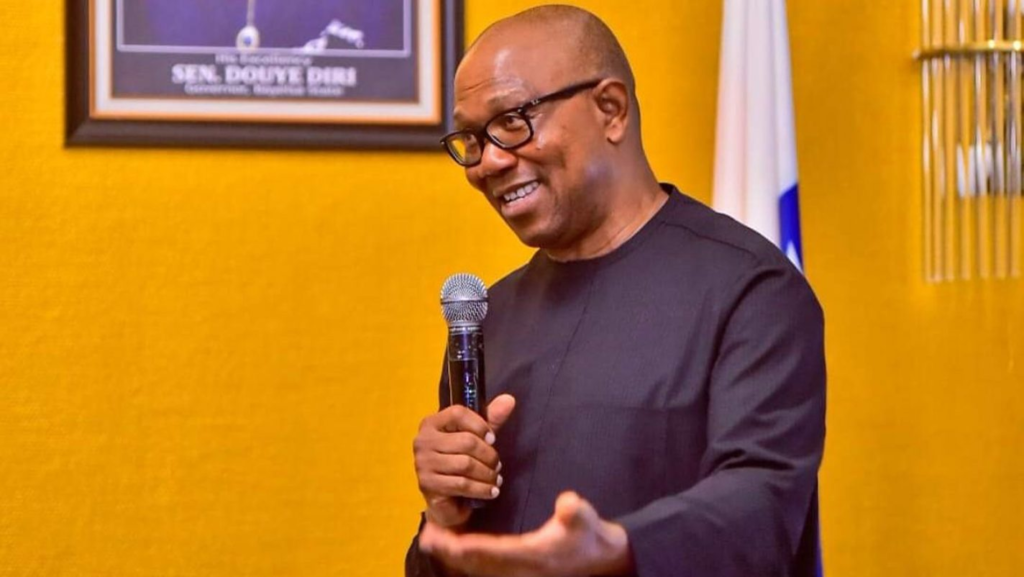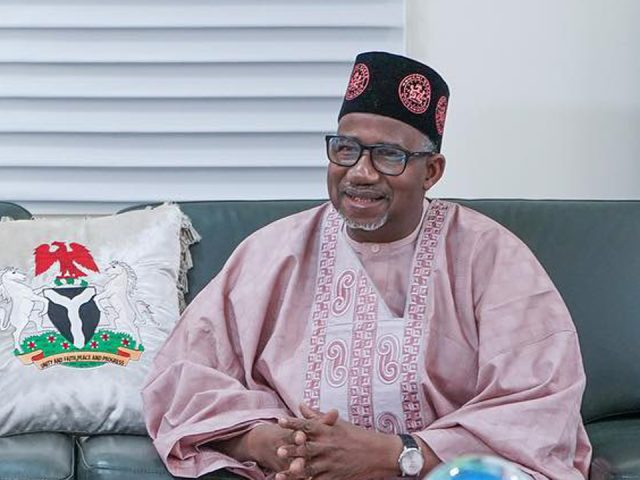South Africa’s ruling African National Congress (ANC) is on the brink of losing its parliamentary majority for the first time, following an election that has seen a dramatic decline in support for the party that led the country out of apartheid under Nelson Mandela.
Election officials have indicated that final results from Wednesday’s election will be declared by Sunday, possibly even sooner. The last votes are still being counted from some of the 23,000 polling stations across the country’s nine provinces.
With over 97% of votes counted, the ANC had garnered just over 40%. This marks a significant decline for a party that has dominated South African politics for 30 years since the end of white minority rule in 1994, once commanding as much as 70% of the vote in Africa’s most advanced economy.
The ANC still holds the largest share of votes according to partial results but is set to negotiate a coalition with another party or parties to remain in government. This situation also has significant implications for the future of South African President Cyril Ramaphosa, a protégé of Mandela.
In South Africa’s national elections, voters choose parties to determine how many seats each party gets in Parliament. Lawmakers then elect the president. If the ANC falls short of the 50% mark, it will need to form a coalition to re-elect Ramaphosa for a second term.
The focus now shifts to which parties the ANC might approach for a coalition. Parliament needs to sit and elect a president within 14 days of the final election results being officially declared. This will likely lead to a flurry of complicated negotiations.
One possible coalition partner, the new MK Party, has stated that one of their conditions for any agreement is the removal of Ramaphosa as ANC leader and president. “We are willing to negotiate with the ANC, but not the ANC of Cyril Ramaphosa,” MK Party spokesperson Nhlamulo Ndlela said.
More than 50 parties contested the national election. Given the ANC’s significant shortfall, it is likely to approach one of the three main opposition parties. The main opposition Democratic Alliance (DA) has around 21% of the vote, the MK Party of former President Jacob Zuma has 14%, and the Economic Freedom Fighters (EFF) have 9%. These parties have very different ideologies and could push South Africa in various directions depending on the coalition formed.
The MK and far-left EFF advocate for more state intervention and nationalization, while the centrist DA is seen as business-friendly. Analysts suggest that an ANC-DA coalition would be more welcomed by foreign investors.
Despite the uncertainty, opposition parties are hailing the new political landscape as a necessary change for the country of 62 million, which, despite being Africa’s most developed, remains one of the most unequal in the world.
South Africa has widespread poverty and high levels of unemployment. The ANC has struggled to improve living standards for millions, with an official unemployment rate of 32%, one of the highest globally. Poverty disproportionately affects Black people, who make up 80% of the population and have been the core of the ANC’s support.
The ANC has also been blamed for failures in basic government services, leaving many without water, electricity, or proper housing. “We have said for the last 30 years that the way to rescue South Africa is to break the ANC’s majority, and we have done that,” Democratic Alliance leader John Steenhuisen said.
Nearly 28 million South Africans were registered to vote, and turnout is expected to be around 60%, according to figures from the independent electoral commission.

